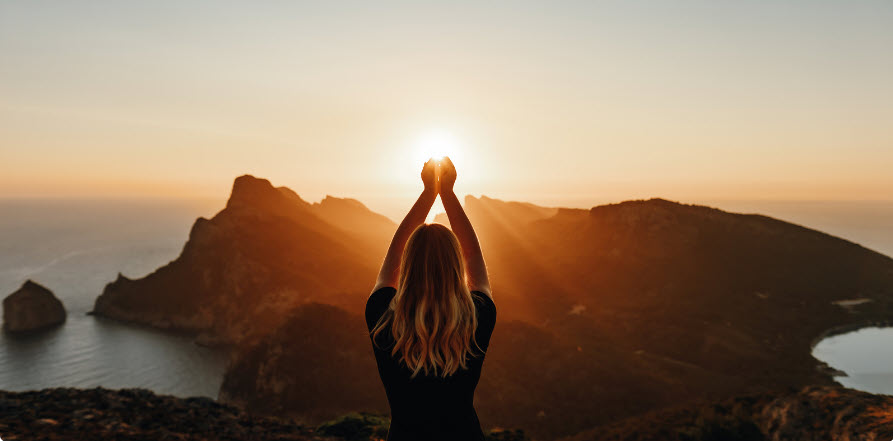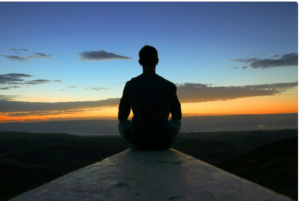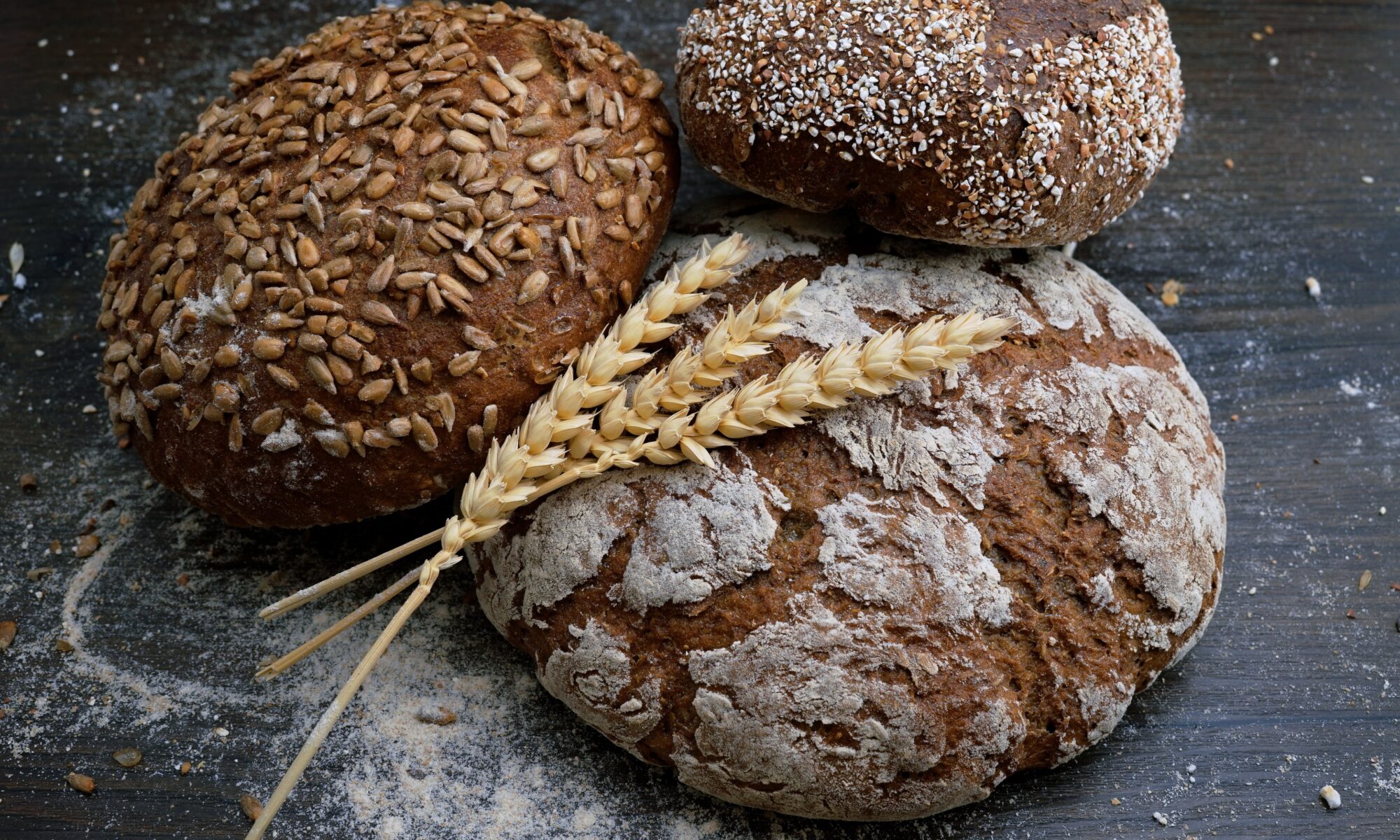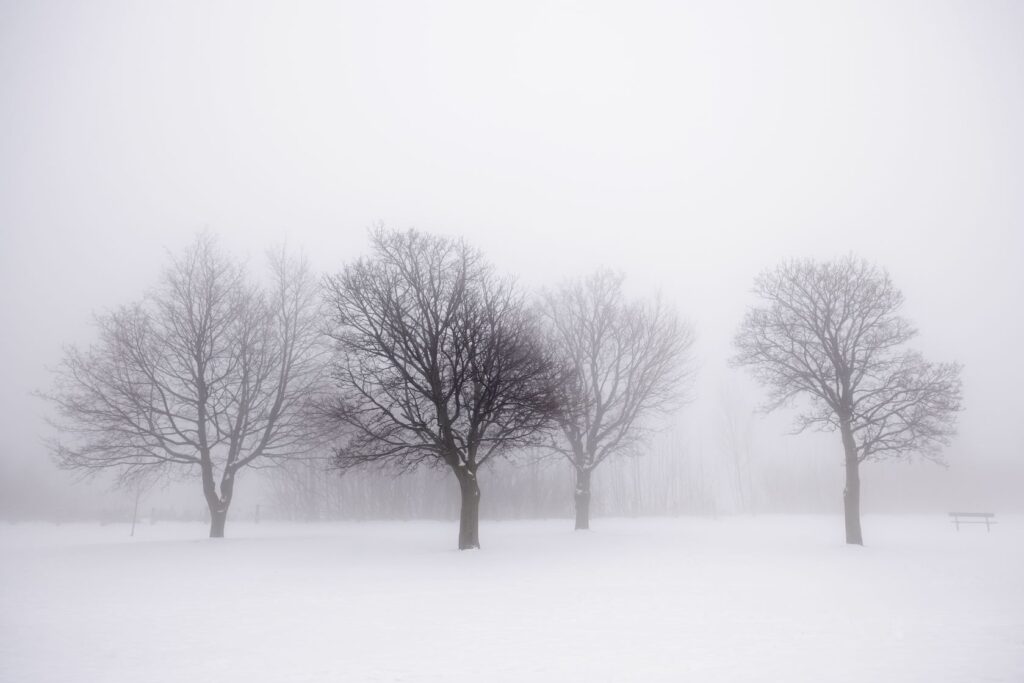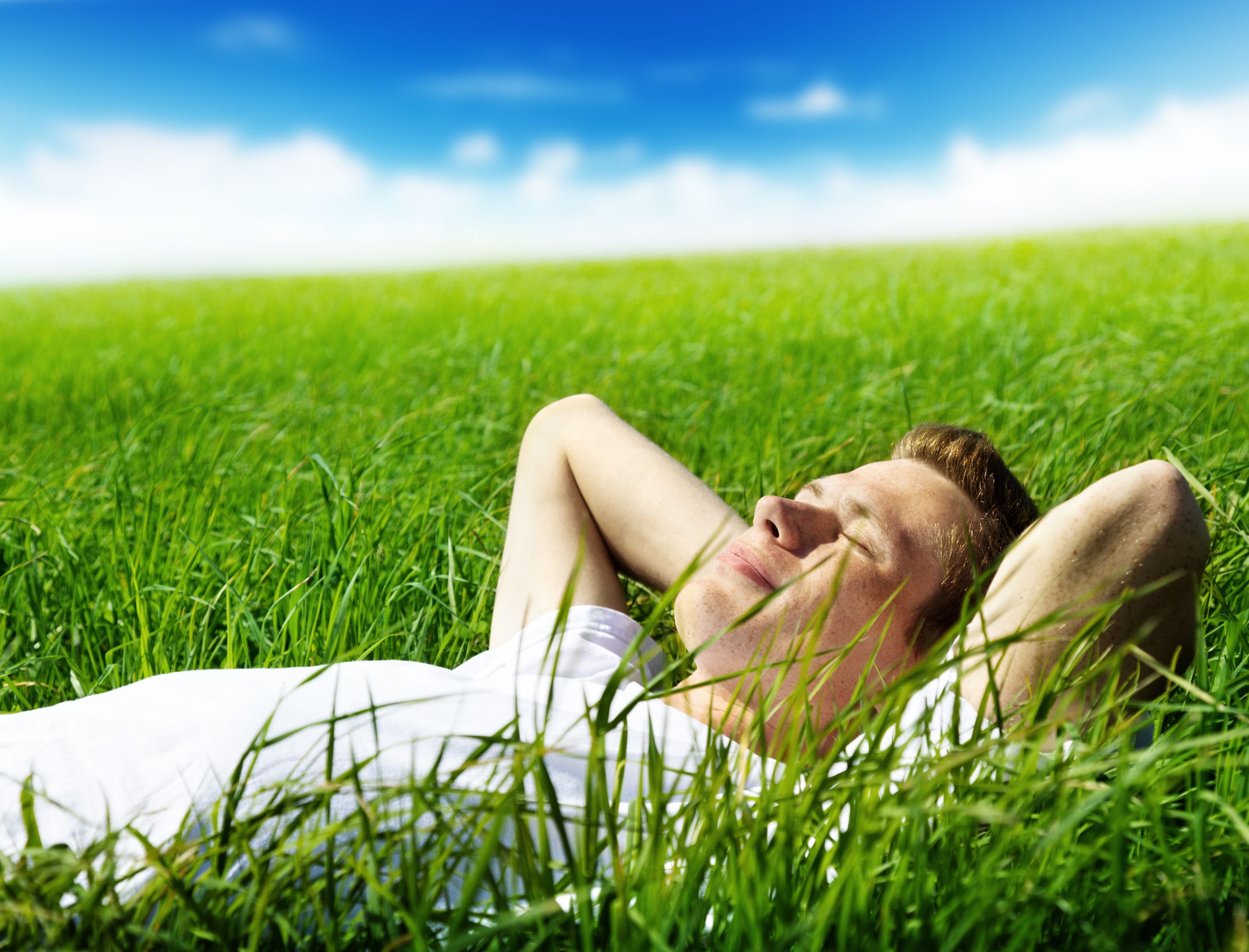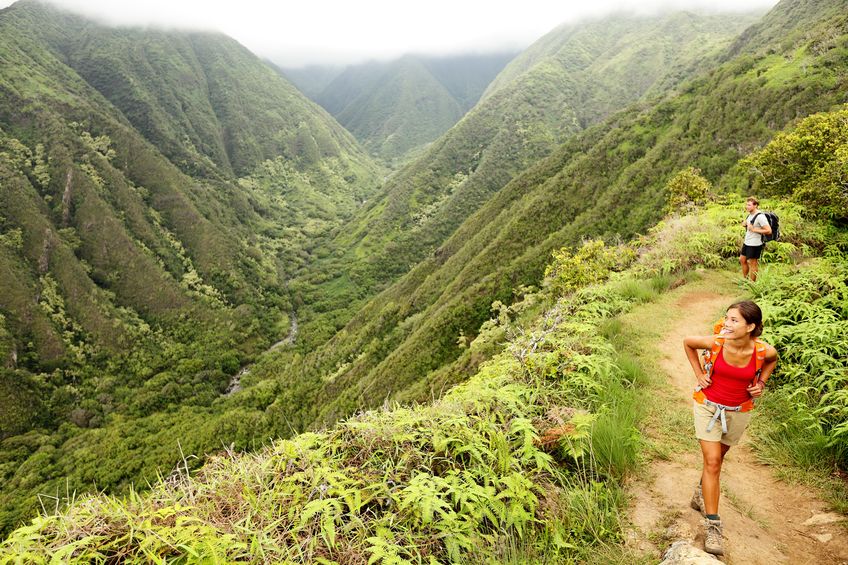By Donnie Yance
“I Fear the Day That Technology Will Surpass Our Human Interaction” -Albert Einstein
“We communicate by the tone of our voice, with our eyes, with our body language, with our hands. The influx of our voice. There are so many things that we use to communicate,” notes communication researcher Amit Kumar. This multifaceted nature of human interaction becomes critically important when examining how different communication media affect our social connections and overall well being.
Technology can connect us to the world, but can disconnect us from each other,
Cell phones can have a negative impact on close relationships, closeness, connection, and conversation quality.1
Believe it or not, I still used a flip phone until about a year ago, when it finally broke. Now I use my son’s hand-me-down iPhone. I’ve deliberately kept it disconnected from my computer and haven’t set up email on it. Since I spend countless hours on my computer each day, I’ve made a conscious decision that when I step away from my desk, I want to be truly free from the digital world.
Continue reading “It’s Surprisingly Nice To Hear You: The Impact of Communication Media on Social Connection and Wellbeing”

